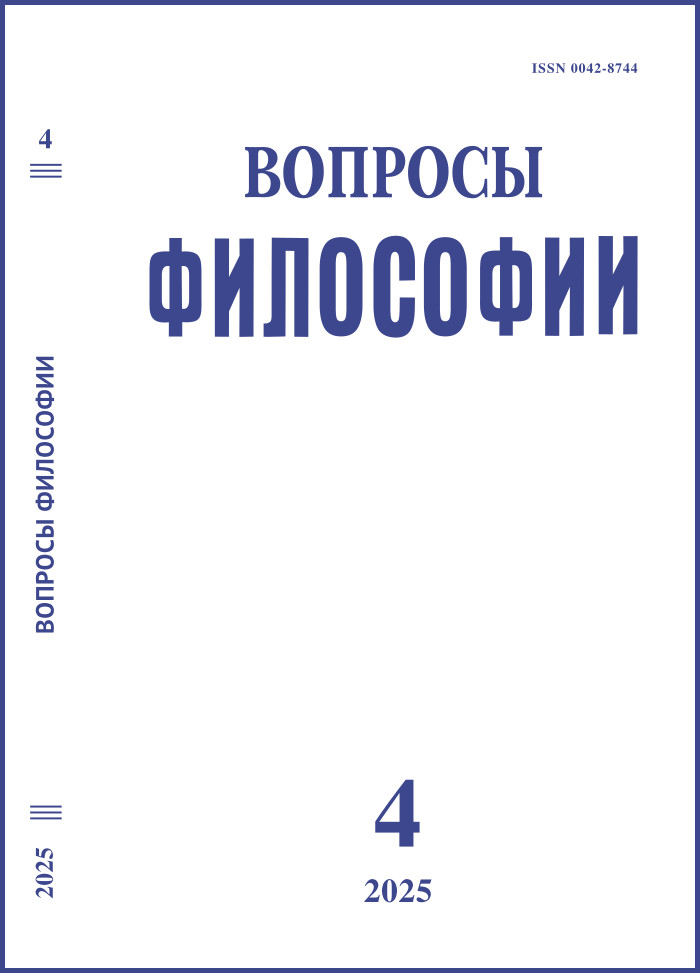What are Poets for in the Age of ChatGPT?
DOI:
https://doi.org/10.21146/0042-8744-2025-4-104-111Keywords:
artificial intelligence, creativity, Plato, poetry, creative industries, automatic recommendations, philosophy of media, philosophy of cultureAbstract
The article makes an attempt of a reflection on the meaning of the creative act (particularly, in the domain of poetry) in the age when creative goods are produced by means of “generative artificial intelligence” such as ChatGPT. We argue that the launch of ChatGPT and other software of the similar kind is a remarkable example, but not the beginning of the current process of the formation of the creative industries in which planning and creative activities are in a major part outsourced to the autonomous algorithm-based systems. Taking the poetic experience of Pushkin and Hölderlin as a starting point, we argue that the essential qualities of poetic art include its event-like character, indeterminateness, attunement to the Other. Such qualities are impossible for artificial intelligence to reproduce. The creative industry, founded on the algorithmic prediction of consumer preferences, projects back on a person his previous experience, which is a process, fundamentally different from genuine creativity. Appealing to the ideas of “The Republic” and “Phaedrus” by Plato, we offer an understanding of true creativity as a dialogical ascent of the author and the reader from the algorithmically provided comfortable consumption and commercial success to the experience of beauty, which liberates from being imprisoned within one’s own previous experience. From such point of view, poetic experience can be seen as a paradigmatic example of a dialogical nature of humanitarian knowledge, which does not belong to the “subject-object” study and cannot be algorithmically modelled.

